Conflict is an inevitable part of any relationship, but how we navigate that conflict makes all the difference. In couples work, two of the biggest mistakes I see during conflict are: being either too agitated or too withdrawn to have a real conversation, and trying to convince your partner of something rather than truly trying to understand them. These patterns can keep couples stuck, but recognizing them is the first step to shifting toward healthier, more productive communication.
1. Being Too Agitated or Withdrawn to Have a Real Conversation
When we’re in the middle of conflict, our emotional state often dictates how we respond. If you’re feeling agitated, everything your partner says might feel like a threat, making it nearly impossible to listen calmly. On the other hand, if you’ve withdrawn, you might feel so overwhelmed or shut down that you’re barely present in the conversation at all.
Both responses—being agitated or withdrawn—create barriers to true connection. In these states, the focus often shifts from resolving the issue to either defending yourself or disengaging entirely. In either case, the result is the same: you’re not having a meaningful conversation that can lead to understanding or resolution.
The key here is learning to recognize when you’ve moved into one of these states. Are you too angry to listen? Are you zoning out or emotionally shutting down? When either of these happens, it’s important to pause. Taking a break isn’t a failure; it’s a strategy. Let your partner know you need a moment to collect your thoughts, calm down, or process your emotions. It’s okay to step away as long as you commit to returning to the conversation when you’re both ready.
2. Are You Trying to Convince Your Partner, or Are You Truly Trying to Understand Them?
In the heat of conflict, it’s easy to fall into the trap of trying to convince your partner that you’re right. Maybe you feel like they’re not hearing you, or maybe you think if they could just see things from your perspective, the problem would be solved. But here’s the thing: the goal of any productive conversation, especially in conflict, shouldn’t be about winning or being right. It should be about understanding each other.
When we focus on convincing, we’re often not really listening. We’re formulating our next point, defending our position, or trying to find the perfect argument that will make our partner see the situation the way we do. But when we shift the goal to understanding, the conversation changes. Instead of trying to “win,” we ask ourselves, “What is my partner really feeling? What’s behind what they’re saying?”
This shift can transform how couples handle conflict. Understanding doesn’t mean agreeing, but it does mean that both partners feel heard. And when both partners feel understood, the need to argue diminishes because the emotional charge is reduced.
Moving Toward Better Conflict Resolution
Next time you find yourself in a conflict with your partner, check in with yourself. Are you too agitated or withdrawn to have a productive conversation? If so, pause and take a moment to regulate your emotions before continuing. And when you do engage, ask yourself: am I trying to convince, or am I trying to understand? These two questions can be a powerful way to transform how you and your partner navigate conflict, leading to more meaningful conversations and deeper connection.
Conflict doesn’t have to be something that tears a relationship apart. With mindfulness and effort, it can be an opportunity for growth, understanding, and even greater intimacy.











